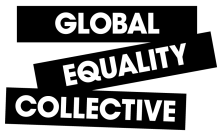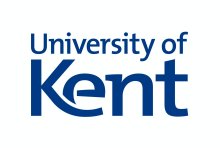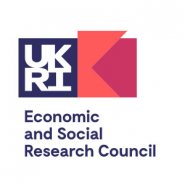
Teaching gender equality: A toolkit for teachers
Overview
Dr Harriet Tenenbaum and partners have been awarded ESRC IAA funding to collaborate with primary schools and produce valuable lessons in gender equality, through an online toolkit for teachers and education providers.
According to the UN, our sustainable future relies on gender equality. One of their Millenium Goals was to eliminate gender disparity in primary and secondary education no later than 2015, a goal which still requires a lot of work to be done.
Children’s toy choices, play styles, subject choices, self-esteem and academic achievement are impacted by stereotypes which can affect their behaviour and learning. Educational and occupational opportunities of children can be limited by gender stereotyping and it can also affect their mental health. It has been shown that children who feel atypical for their gender are teased and victimised more frequently than gender typical peers.
For all of the above reasons, we still need to work hard to create environments where children (and adults) are helped to critically evaluate gender norms.
Dr Tenenbaum’s previous research in this area has included piloting a collaborative method for working with schools to develop and evaluate gender equality lessons. Her ESRC project will turn the results of this research into societal impact by creating an online toolkit of activities for teachers and education providers.
Lessons will be rigorously tested by teachers in classrooms to ensure quality, and the toolkit will include easy-to-use videos and infographics that explain the psychology behind gender equality, as well as blogs and testimonials to motivate teachers.
Website has been launched! https://www.teachgenderequality.org/
Related sustainable development goals
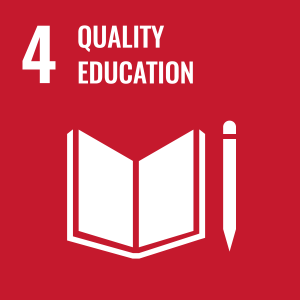
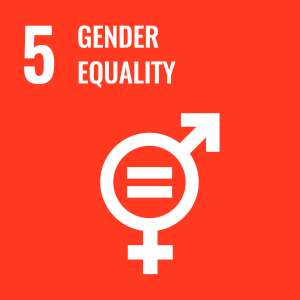
Team
Principal Investigator


Jordan Day
Primary School Teacher

Nic Ponsford
Global Equality Collective

Lindsey Cameron
University of Kent

Lauren Spinner
Developmental Psychologist
Impact
Teachers will evaluate the lessons and provide feedback on their effectiveness, allowing for a process of continual improvement in quality, which in turn will increase their impact upon children’s lives.
The aim of the project is to create a website that includes:
1) a toolkit of gender equality lessons, each tested and evaluated through teachers and supported by teacher testimonials and blogs explaining how they used the toolkit
2) an easy means of testing children’s gender stereotypes
3) videos and infographics detailing the psychological principles behind teaching gender equality.
By increasing the number of schools they work with, the team can test whether lessons developed in one school can be effective in others. The teachers will record two of the videos and collaborate on a blog and monthly meetings will be held to facilitate effective collaboration on the toolkit.
The project’s success will be measured in terms of the numbers of downloads of the toolkit (at least 50 teachers), completion of an associated teacher questionnaire, and the child measures tested by at least 200 children by the project end.
This project will also provide a springboard for further, collaborative work in this field, by allowing the team to establish a network of education professionals interested in gender equality, and demonstrate the ability to generate impact, for future grant applications.
The toolkit has the potential to prevent mental health difficulties, which is a key priority area for the ESRC.
A website has been launched https://www.teachgenderequality.org/

